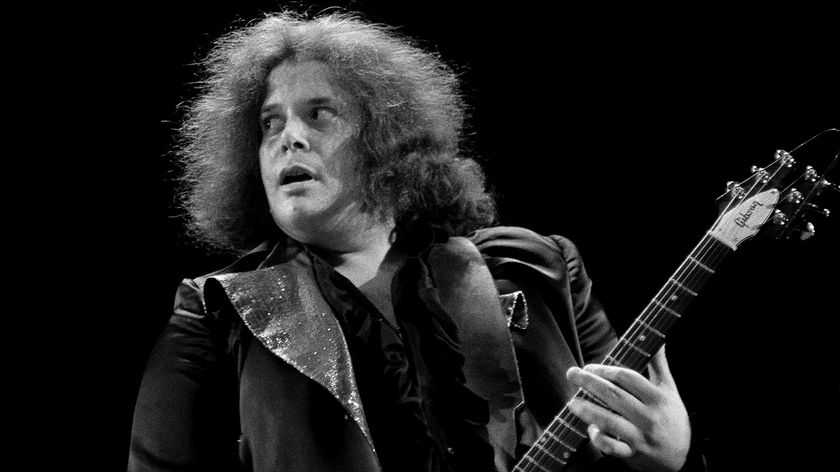Featuring Unhinged Electric Guitar Work and a Contradictory Shredding Non-Solo, Here Why You Need to Listen to Julian Priester Pepo Mtoto’s ‘Love, Love’
This 1970s ECM classic defines a moment with deeply spiritual power
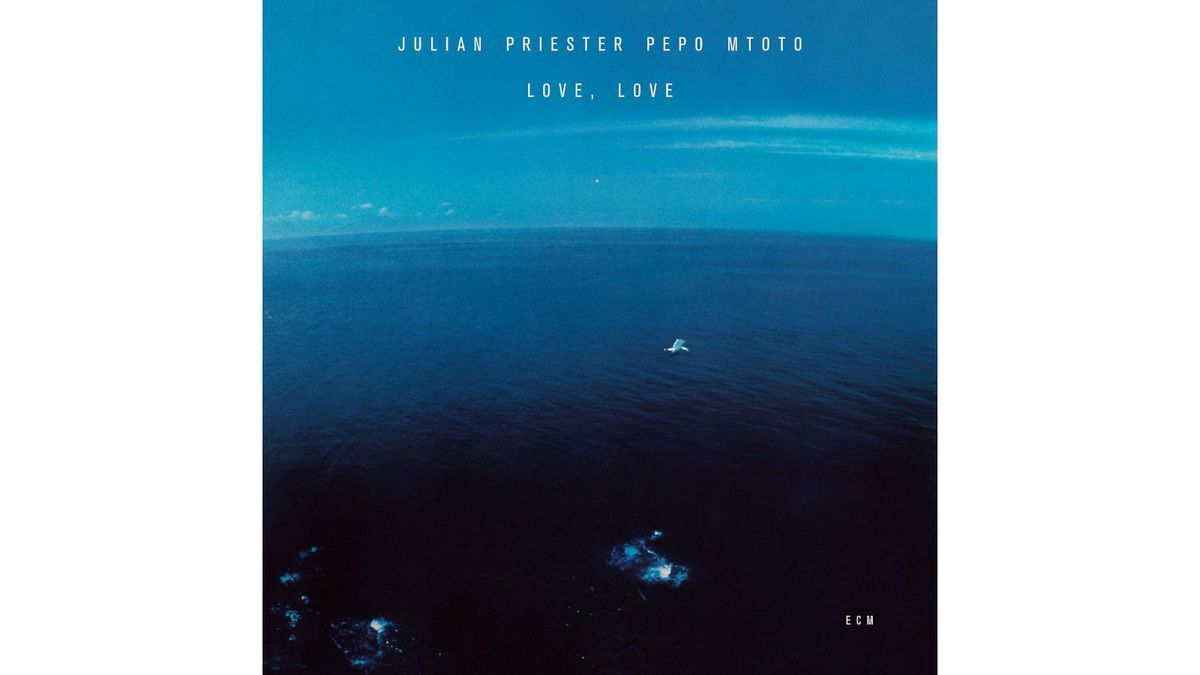
When I was still in high school, my friends and I were driving around in my ’62 Ford Fairlane “Woody” (that had no wood), all the while smoking weed like it was our last day on Earth. I’m surely not advocating marijuana, but my buddies and I were primed for the Julian Priester Pepo Mtoto Love, Love experience.
While we were cruising around listening to the eclectic Bay Area jazz radio station KRE, the jazz trombonist and composer’s Love, Love started coming through the car speakers at the perfect time. Transfixed, with mouths agape, we listened to the pulsating hypnotic bass and drums that supported the ethereal sounds – beautiful, ambitious, at times kinda evil and almost even bordering on pornographic.
I had the feeling that Love, Love had found us. The DJ announced the cut before playing it, so five minutes into the lengthy title track, I made an illegal U-turn to our local Record Factory.
For those who don’t recall, Record Factory was a corporate version of Tower Records, with a pretty impressive selection of music, nevertheless. Arriving at the store, I quickly parked and left my friends in the car, still listening to Love, Love. Five minutes later I returned with the album while they were still rocking out to all 19 minutes and 30 seconds of this great track.
Love, Love was released in 1973 on ECM Records, a label that represented excellence and personal artistry. Many of my favorite LPs are on ECM, and back in the pre-streaming days I might buy an ECM release without hearing a note of it. ECM stood for something: good music.
Love, Love has a wonderful supporting cast that includes Kamau Eric Gravatt on drums, Ron McClure on bass, Pat Gleeson on synthesizer, Bayete Umbra Zindiko on keyboards, the great Bill Connors on electric guitar, and Hadley Caliman on flute, soprano, tenor sax and bass clarinet (he plays a great sax solo on the title cut).
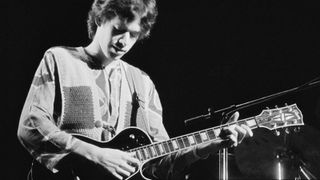
I love Connors’ unhinged electric guitar work, and his contributions here are significant. His solo acoustic records on ECM are wonderful, and his playing on Return to Forever’s Hymn of the Seventh Galaxy made it my favorite album of theirs.
On Love, Love, Connors plays a sort of contradictory shredding non-solo. It’s very futuristic in approach, and cutting edge. He employs diminished runs along with personal-sounding rock phrases, while his biting and raw overdriven sound keeps me on the edge of my seat.
I love the space between phrases, and at one point when I think the solo is done, there is a manic reprise. It’s like taking a long breath before a speedy closing monologue. The guitar could be mixed louder, but I’ve been listening to Love, Love for 40 years, so it can’t be totally “wrong.”
Bill Connors' biting and raw overdriven sound keeps me on the edge of my seat
Jim Campilongo
The title track is always a fascinating ride. The downbeat flip-flops every two bars, employing a 15/8 time signature. Despite the exotic time signature, the bass line sounds very Billy Cox/Band of Gypsys. Drummer Gravatt and bassist McClure play a deep hypnotic, repetitive groove in real time for more than 15 minutes. I respect their endurance and feel their humanity.
We listened to a lot of great music in that old Ford Fairlane: Muddy Waters, the Sex Pistols, Elvis, Julie London and more. Most of what I listened to is still in my DNA, but not much compares to having something powerful coming in uninvited that perfectly defines the moment, almost by spiritual force.
Sometimes how and when I found music plays as powerfully as the music itself. A song can be like a smell, reminding me of a love that was extinguished by time but re-awakened by a sweet perfume.
Get The Pick Newsletter
All the latest guitar news, interviews, lessons, reviews, deals and more, direct to your inbox!
Jim Campilongo has 14 critically acclaimed instrumental records available on vinyl, CD and digital download here.
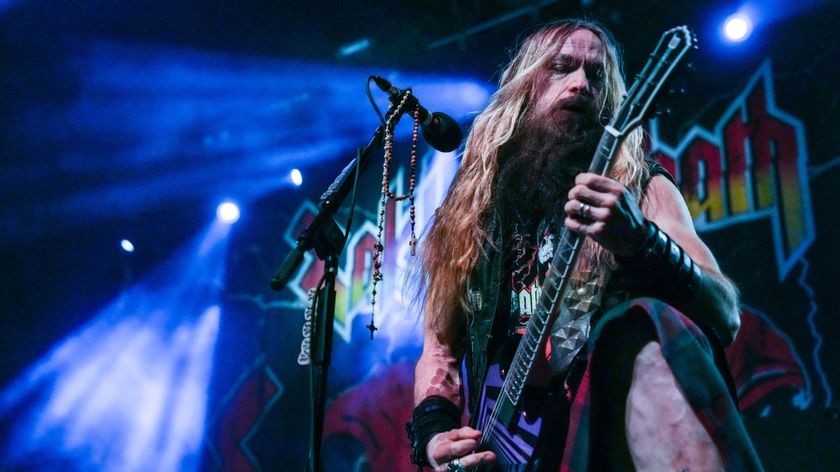
"You need that pedal to give you the oomph.” Zakk Wylde says his job “wouldn’t be as much fun” without this must-have pedal in his setup
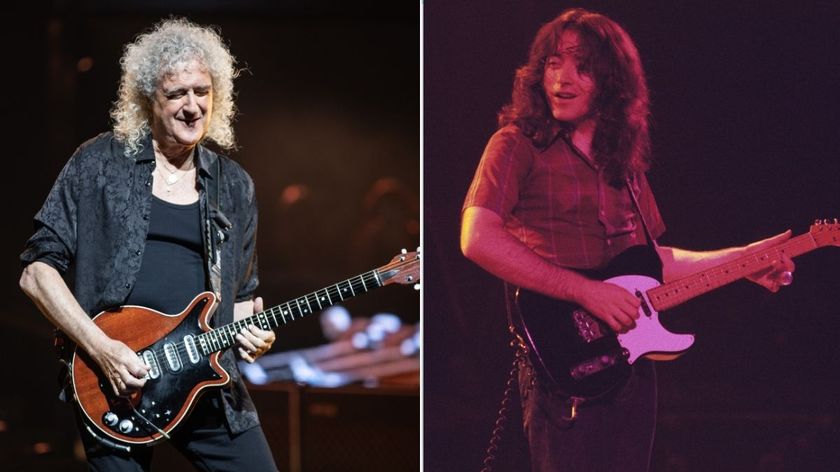
“I have this little box, I turn it up and it sings for me”: Brian May recalls meeting Rory Gallagher in the late ‘60s and how it changed his tone forever
Most Popular









